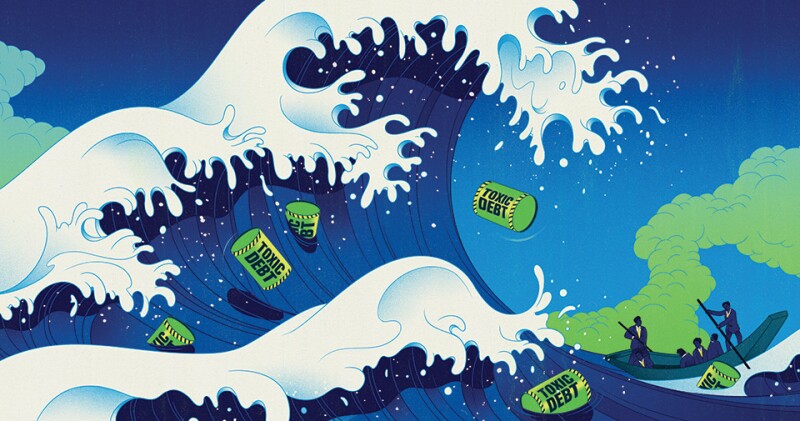
The eye is drawn to the failure of Baoshang Bank and for good reason. Beijing’s decision to let the regional commercial lender from Inner Mongolia file for bankruptcy in early August marked the first default by a Chinese lender since Hainan Development Bank ran out of money and was shuttered in 1998.
Baoshang’s collapse was extraordinary on so many levels. It was 89% owned by a private conglomerate called Tomorrow Group – unusual in itself, given that almost every Chinese bank is state run. Tomorrow’s founder Xiao Jianhua hasn’t been seen in public since he vanished from Hong Kong’s luxury Four Seasons hotel in 2017, shortly after midnight on Chinese New Year.
China refuted claims that its special forces abducted Xiao, a Canadian citizen once reckoned to be worth $6 billion. Yet he later showed up in a mainland court, accused of using Baoshang as a slush fund to channel to his business interests.
Regulators discovered that between 2005 and 2019, Baoshang lent as much as Rmb156 billion ($22.5 billion) to Tomorrow, in the form of 347 undeclared loans using 209 shell companies. None of them was repaid.
It
